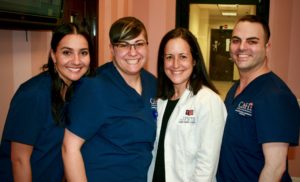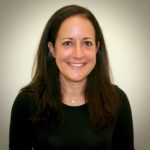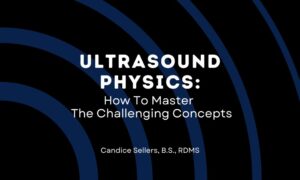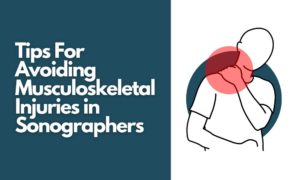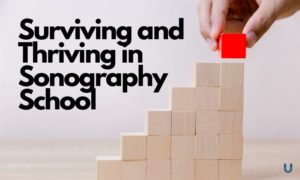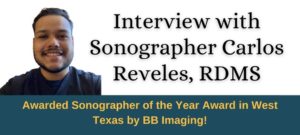Ms. Pupko has been the Program Director for the Echo-Vascular track of the Diagnostic Medical Sonography program at Center for Allied Health Education (CAHE) since its inception in August 2018. She has over 20 years of experience working in echo-vascular ultrasound and many years teaching. In this interview, Adina has some great advice for students pursuing their degree in sonography.
I have a strong interest in science and the medical field but I am squeamish and did not want to work with IVs, catheters or needles. This narrowed my options.
I was hesitant to consider ultrasound as I thought it was only for pregnant women. However, when I found out about the multiple areas and uses for ultrasound I was intrigued.
I went to observe someone in the field. I remember being blown away seeing the muscle pumping and the valves opening and closing, and also hearing the beating of the heart. I had found my calling.
I did not have a mentor. However, early in my career I came across people in the field that were not so honest (from the business aspect of things).
By nature I am a straight person and resolved never to become part of anything shady in my field. Sometimes it is hard to stand up for what is right, but especially when it comes to the medical field and patients’ lives, it is important to be extra vigilant in this matter.
Ultrasound has grown by leaps and bounds. The advances in technology are amazing.
I learned to scan on a machine that weighed hundreds of pounds and was extremely difficult to wheel around and do bedside exams with. Now there are small portable laptop size machines and even the option of attaching a probe to a smartphone to be used to do ultrasound!
In addition, I learned to develop ultrasound images in a dark room. Then we advanced to printing on thermal paper. And now, everything is digital.
Students succeed when they are attentive, conscientious and responsible. Good time management skills are imperative. Someone who is detail oriented will have an advantage when it comes to scanning.
The academic part pairs with the skill of sonography, so it is imperative to learn and master both aspects. The didactic lectures are filled with new information and the scanning is equivalent to learning a new language.
Review every day. Familiarizing yourself with the material will help commit it to memory.
Cramming is not feasible in this program. In addition, when you cram you risk forgetting the information quickly. The material taught is all relevant to your field of choice.
Study with classmates, their strengths may be your weaknesses and visa-versa so you can help each other out.
Request learning center and take advantage of the free tutoring we offer. We’re all here to help you succeed.
We have in-house labs with modern technology similar to machines you would find in the work field. In lab, students learn to scan all areas of ultrasound regardless of the track they are in.
In addition we provide 4 rotations of clinical experience for each student at hospitals and imaging centers across the metropolitan NY area.
Students rotate at these sites based on the track they are in; echo and vascular for the echo-vascular track students and abdomen and OB/Gyn for the general track students.
We are accredited in General (abdomen and OB/Gyn), Echo and Vascular ultrasound. Students graduate having completed coursework both in studies and skill training in ALL 4 areas. This makes our graduates super marketable as they are prepared and able to scan and get jobs in multiple specialties.
Technology is always advancing. In addition, it is a growing field and the demand for sonographers is expected to increase 14% from 2018 to 2028.
Our clinical rotations provide students with the experience of what life will be like working as a sonographer. Many of our students are hired after graduation by sites they rotated at.
Students should remember that their clinical rotations are the ongoing interviews. Be the employee they would want to hire.
If you’d like to learn more about opportunities in sonography, check out some of our other inspiring interviews:
- Traveling Sonographer – Interview with Dave Felix, traveling sonographer and owner of SonoTemps
- Author of Sonographers Blog – Tom Whelan, a true pioneer in the field, in this two-part interview
- The Heart of It – Stephanie Eisler, RDMS, asks “Can you find a way to be there for the patient in their time of need?”

